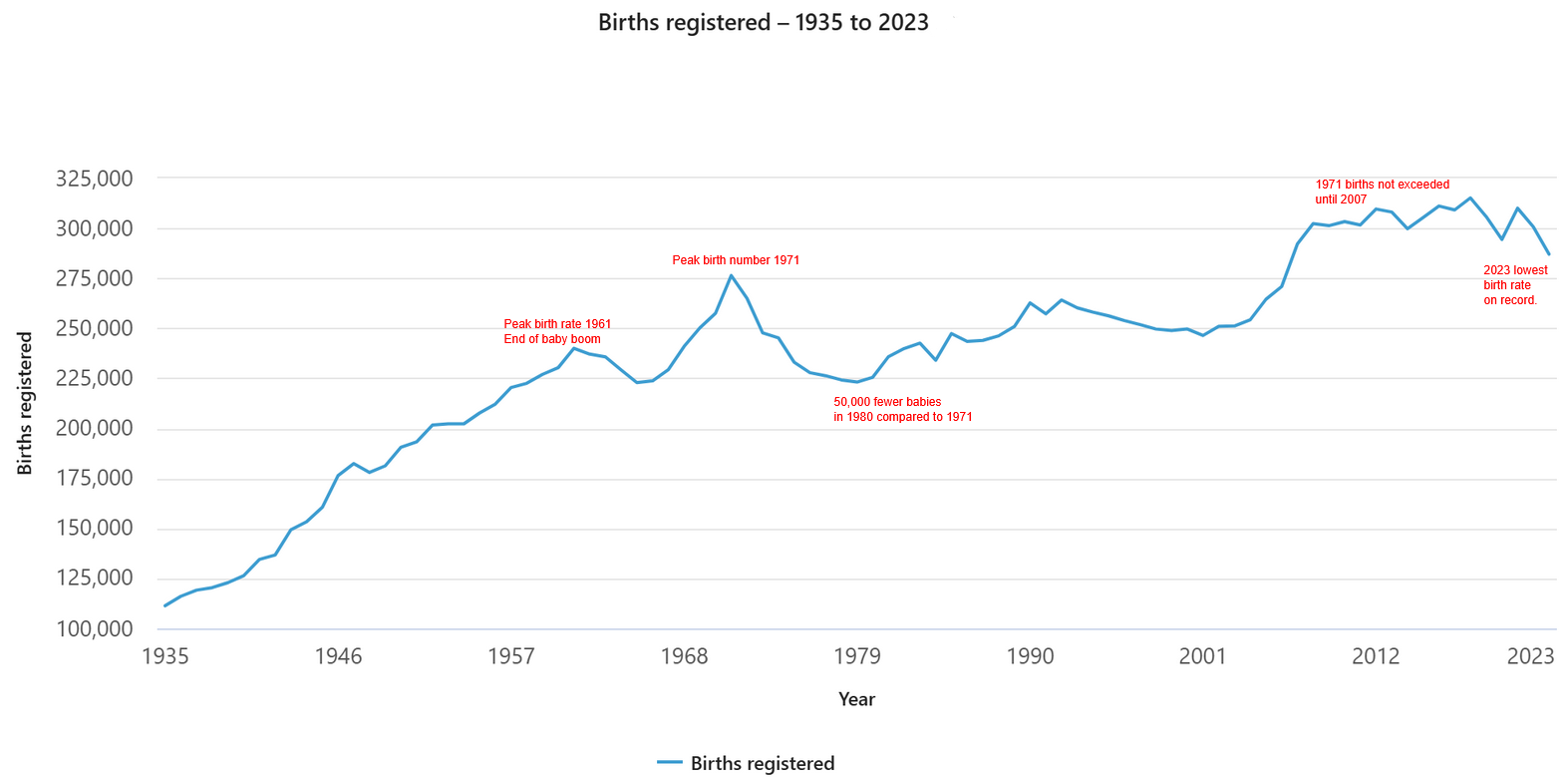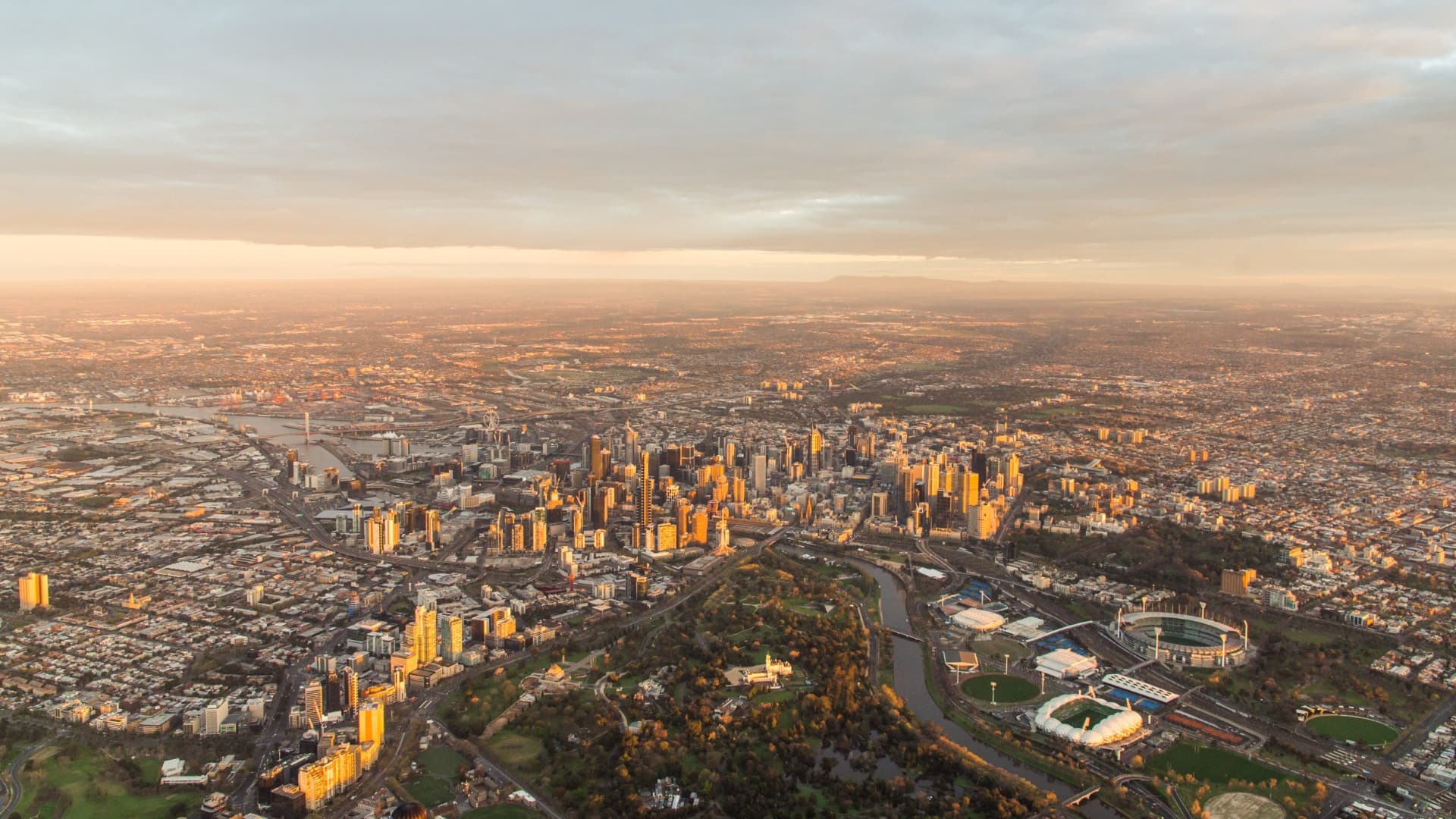On Tuesday this week it was reported that Optus had taken down an advertising billboard in the Sydney suburb of Casula, after receiving a lot of negative feedback on Facebook. The sign was written in Arabic, and is part of a campaign targetting multicultural groups with a simple message “We can speak to you in your language”.
The original article is here:
http://www.smh.com.au/business/media-and-marketing/optus-removes-arabic-ads-from-shopping-centre-after-alleged-threat-to-staff-20151116-gl0njn.html
Much of the feedback was that after the recent, terrible attacks in Paris, it was bad timing to put up these ads in Arabic, that Arabic is the language of Islam and therefore terrorism. There was a clear xenophobia behind these comments, many of them disparaging about Australia’s Arabic speaking community, and it’s really disappointing to see such hate directed at a particular cultural group. I think Australia is better than that, and most people cherish our multicultural community. The abhorrent actions of one group of criminals delusionally calling themselves a “State” should not tarnish the peaceful adherents of any religion in this country where people are free to worship any religion they choose, or to have no religion at all. Let’s keep it that way.
Although Optus did remove 3 of the signs in Casula over concern for staff security, to their credit they did point out the facts – Arabic is spoken as an official language in more than 20 countries, not the same as Islam, that these signs are part of a campaign in a range of different languages (indeed I saw one in Mandarin in Parramatta just yesterday), and they pretty innocuously just say “Come and speak to us in your language”. And many messages of support have come out on the Optus facebook page since then, which is great to see.
Nevertheless, this outcry was serious initially, with a lot of hateful comments out there. But not only are these people equating the religion of Islam with terrorism across the board, they are incorrectly equating Arabic with Islam.
If they’d taken a little time, there is a fantastic online resource for looking at the relationship between birthplace, language and religion in the most multicultural state of New South Wales.
Multicultural NSW commissioned .id to put together this site over a year ago, and it’s great to use to dispel some of these myths.
Select your Language as Arabic, and have a look at these tables:
- 45% of the Arabic speaking population of NSW were BORN IN AUSTRALIA. This is an older, established community.
- Those who were born overseas were from a range of countries, with Lebanon the largest group, but also Iraq, Sudan, Syria, Jordan, Saudi Arabia, and Israel, as well as a bunch of other countries. It is truly a diverse population.
- Possibly the thing which makes these comments the most laughable, however is the Religion table. This shows that MORE THAN HALF THE ARABIC SPEAKING POPULATION ARE NOT MUSLIM. While Islam is the largest single religion for the group, with 49%, there were also 45% of the population with a Christian religion (primarily Catholic and Orthodox denominations). I’d bet most of those posting hateful comments were not aware of this! Only 1% had no religion but this did increase sharply since the previous Census.
- Arabic speakers also tend to live in large families with many children, and around 15.5% have poor English proficiency, meaning that having multilingual people working at Optus could certainly open a new group of clients to them.
What about Islam? We can also look at the characteristics of Muslims in Australia. I intend to do this in a bit more detail in another blog, but for now, let’s just look at the languages.
- It’s certainly true that Arabic is the #1 language for Muslims in NSW, but it only accounts for 41% of all adherents to the faith of Islam. 12% speak English at home, but the language diversity is quite astounding. You’ve got a lot of Indian languages in there as well, Persian, Turkish, Somali, Burmese and Indonesian speakers. So to equate Arabic to Islam is clearly a gross oversimplification.
And lastly, what about Casula? It’s great to see that Optus is continuing with this campaign in other suburbs, with a range of language billboards. But did they pick the wrong place in Casula?
Casula sits in the City of Liverpool in outer south-western Sydney, which is very diverse, and the suburb has 49.7%of the population speaking a language other than English at home. The suburb itself is in the lower-middle socio-economic range, with a large population of families with children, and population growth in new housing areas having grown significantly over the past 20 years.
The largest single language after English is indeed Arabic, with about 1,500 speakers, or 10.5% of the population. So it was a good choice for Optus to trial these ads. However this proportion of Arabic speakers is not as high as other areas such as the City of Bankstown which has 21% Arabic speakers. Casula is actually truly multicultural, with 40 languages having more than 20 speakers. It would also be a good place for a billboard in Hindi, Greek or Vietnamese.
So in summary, the reaction to these ads was not only xenophobic, but grounded in an extreme oversimplification of reality. Neither the majority of Arabic speakers are Muslims, nor are the majority of Muslims Arabic speakers! In fact in religion terms, almost as many are Christians.
Well done to Optus for pushing back against this, and kudos on a well thought out campaign! If you need some assistance working out the right languages to target next, and where, .id would be happy to help!











